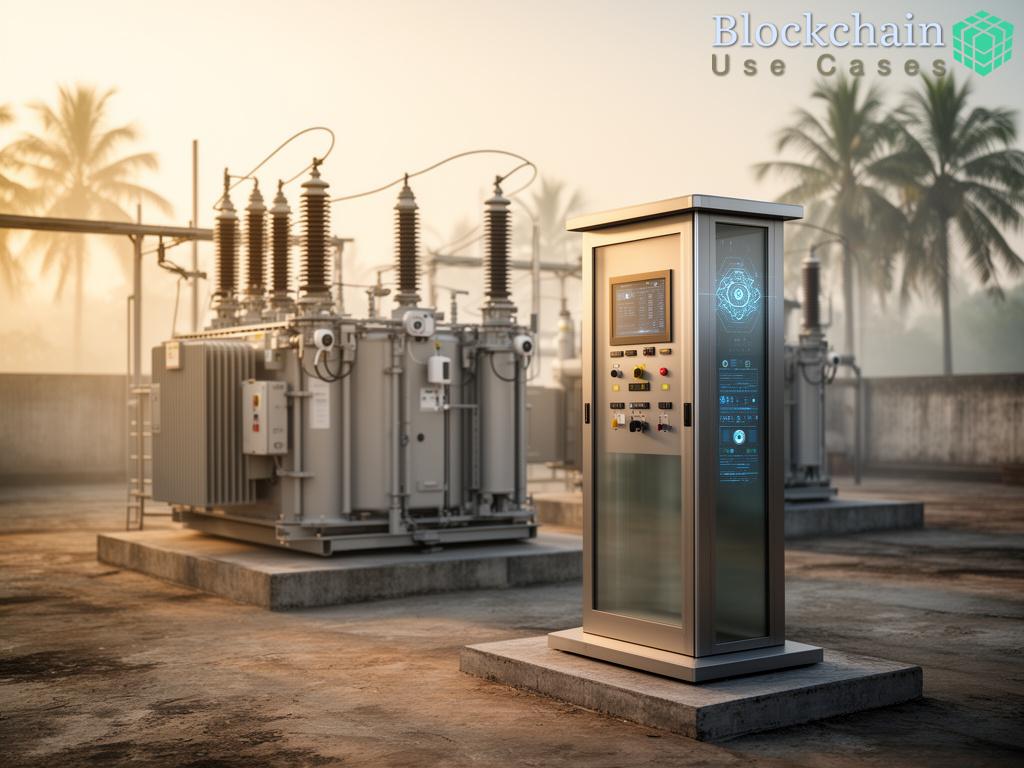As the global demand for nuclear energy continues to rise, the need for a secure and transparent method of tracking the nuclear fuel cycle is becoming increasingly critical. The integration of blockchain technology into this domain promises to enhance accountability, reduce the risk of proliferation, and optimize the management of nuclear materials. This article explores how blockchain can be a game-changer in ensuring the integrity of the nuclear fuel cycle.
Enhancing Transparency and Traceability
![]()
One of the primary benefits of implementing blockchain in nuclear fuel cycle tracking is the enhanced transparency and traceability it provides. Traditional tracking methods often rely on centralized databases, which can be vulnerable to manipulation and errors. In contrast, a blockchain-based system operates on a decentralized ledger that records every transaction involving nuclear materials in an immutable manner. This not only helps in maintaining an accurate record of the lifecycle of nuclear fuel but also ensures that all stakeholders have access to the same information, thereby reducing the risk of discrepancies.
Comparative Advantages of Blockchain over Conventional Systems
To understand the transformative potential of blockchain technology in nuclear fuel cycle management, it’s essential to compare it with conventional tracking systems. Below is a list highlighting the key advantages:
- Decentralization: Unlike traditional systems, blockchain eliminates single points of failure and reduces the risk of data tampering.
- Immutability: Once data is recorded on the blockchain, it cannot be altered or deleted, ensuring a reliable history of nuclear material transactions.
- Real-time Monitoring: Blockchain enables real-time updates, allowing for immediate detection of any anomalies or unauthorized access.
- Enhanced Security: Advanced cryptographic techniques used in blockchain provide a higher level of security compared to conventional databases.
- Smart Contracts: Automating agreements related to the supply chain can streamline operations and enforce compliance without the need for intermediaries.
Future Implications for Global Nuclear Governance
The adoption of blockchain for nuclear fuel cycle tracking not only has implications for individual nations but also for global nuclear governance. By fostering a more transparent and accountable system, countries can work together to ensure non-proliferation and promote the safe use of nuclear energy. Moreover, international organizations can benefit from enhanced data sharing capabilities, leading to more effective oversight and compliance monitoring.




